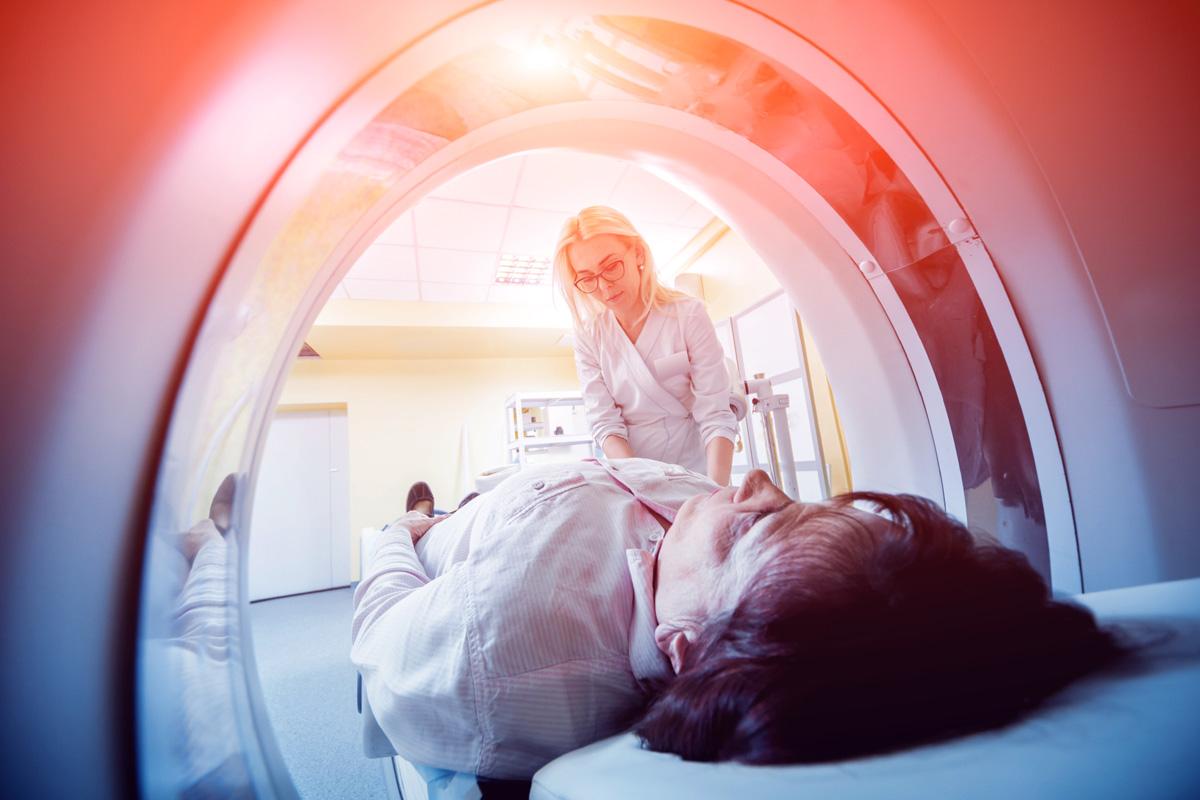Table of Content
Accidents and their related losses can be difficult to contend with on their own. When your accident results in a traumatic brain injury (TBI), your recovery can be fraught with uncertainty.
Each TBI is unique, but there are also myths surrounding these conditions that can make them harder to treat. If you can address the myths surrounding TBIs throughout your recovery, though, it can be easier for you to get back on your feet.
Myth: You Can Recover From a Concussion at Home
Concussions do varying degrees of damage to the soft tissue of your brain. While some hospitals may release you back to your home after initial treatment, you need to seek out professional medical attention if you suspect you’ve contending with a TBI.
The longer you wait to treat a TBI, the more likely it is that you may endure permanent damage to your brain. This damage can result in a faulty memory, lack of coordination, and even the loss of some essential skills. With that in mind, call an ambulance or have a loved one drive you to the hospital as soon as you suspect something’s amiss.
Myth: Concussion Victims Need Constant Supervision
Contrary to popular belief, you do not need to constantly wake a person with a concussion up when they sleep. While loved ones should keep an eye on someone with a concussion, sleep is one of the best at-home medicines available for anyone with a TBI.
That said, consult a medical professional before you undertake any at-home TBI treatments. Medical professionals tend to vary a person’s recommended treatments depending on the severity of their TBI.
Myth: Brain Injuries Are Visible on MRI and CT Scans
As mentioned, there are several types of TBIs that can plague a person after an accident. In most cases, MRIs and CT scans can identify these injuries. However, MRIs and CT scans are designed to specifically detect acute trauma. This includes brain bleed and fractures to the skull.
MRIs and CT scans can both miss concussions and other forms of severe brain trauma. With that in mind, be sure to elaborate on all of your symptoms when speaking to a medical professional. There are other tests, like a neurovestibular exam, that can help professionals identify TBIs.
Myth: Victims Have Only Two Years to Recover From a Concussion
It’s said that if you’re not able to recover your lost skills within two years of the day you suffer a concussion, you’ll lose those skills forever. This is not the case. The human brain is constantly transforming. You learn new skills every day while older mental pathways get trimmed away.
So long as you make an effort to retrain your body to do what it once did, you have every opportunity to regain some of the skills you’ve lost. There may be some limitations to your growth brought on by paralysis or other conditions. You can talk to a medical professional about what limitations to expect and which ones you could push past.
Fact: You Can Discuss a Traumatic Brain Injury Case With Our Team
There are all kinds of accidents that can cause traumatic brain injuries. If you or a loved one find yourself contending with a concussion or similar injury, you have legal recourse available to you. You can work with Dalli & Marino, LLP to take the person responsible for your injuries to civil court.
Our team speaks both English and Spanish, making it easier than ever for you to get the legal advice that you need. You can call us at (888) 465-8790 or fill out our contact form to schedule your first case consultation.



